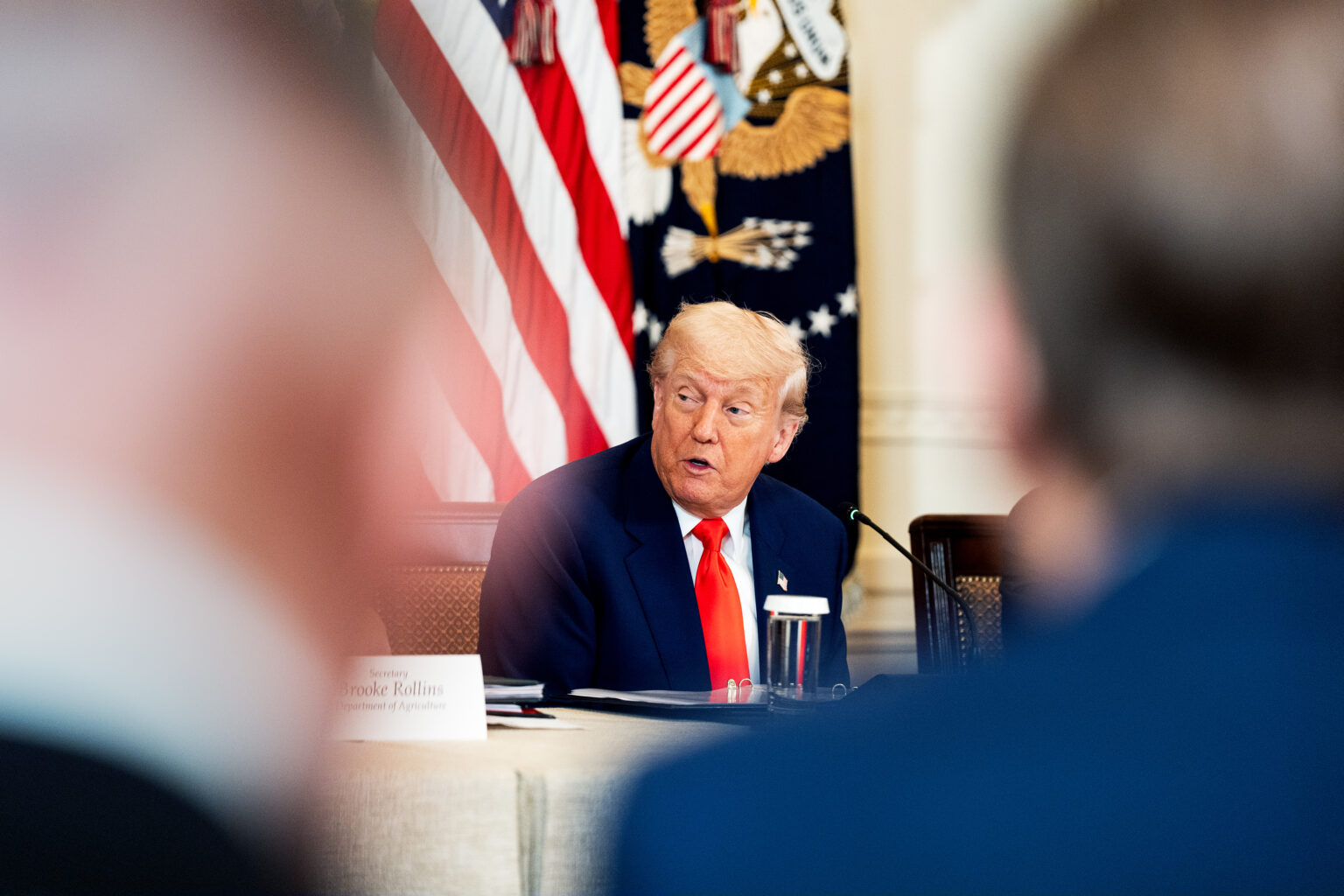The Evolving Landscape of Presidential Clemency: From Tradition to Modern Strategies
A New Era in Presidential Pardons
Since President Donald Trump assumed office in January 2017, the traditional process of granting clemency has undergone a significant transformation. Historically, presidential pardons and commutations were largely guided by established protocols within the Justice Department, with the president exercising this power sparingly and often based on personal discretion. However, Trump’s approach has dramatically shifted this paradigm, expanding the White House’s influence over the pardon process and often bypassing conventional channels.
In the first year of his presidency, Trump issued a record number of pardons and commutations-over 200-many of which sparked controversy due to their perceived political motivations or connections. Unlike previous administrations, where legal advice and procedural guidelines played a central role, Trump’s clemency decisions frequently appeared to be driven by personal relationships, public spectacle, and strategic considerations.
The Rise of a White House-Driven Clemency Industry
This unconventional approach has given rise to a burgeoning industry of high-profile legal professionals and political operatives eager to secure the president’s favor. Many attorneys, some with close ties to Trump’s inner circle, have capitalized on the opportunity to advocate for their clients’ clemency petitions. These legal experts often command hefty fees, leveraging their reputation and connections to gain access to the White House.
In some cases, applicants have employed their personal relationships-such as donations to Trump-affiliated groups or social connections-to attract attention. For example, wealthy donors and influential figures have reportedly used financial contributions or personal outreach to sway the process, blurring the lines between legal advocacy and political influence.
The Role of the “Clemency Czar” and White House Influence
Central to this new system is Alice Johnson, a prominent criminal justice reform advocate who was herself pardoned by Trump early in his term. Appointed as the White House’s “pardons czar,” Johnson now oversees the vetting of clemency requests, working closely with Justice Department officials but ultimately making recommendations directly to the president.
Johnson emphasizes a case-by-case approach, focusing on individual circumstances rather than political connections. She states, “My priority is assessing whether each person has truly paid their debt to society and is ready to reintegrate.” Her role has significantly increased the White House’s influence over clemency decisions, a shift that critics argue undermines fairness and transparency.
Strategies for Gaining Presidential Attention
Advocates and legal representatives employ a variety of tactics to attract the president’s attention. These include:
- Appearing on television programs or visiting locations frequented by Trump to make direct appeals.
- Making substantial financial contributions to political campaigns, affiliated groups, or personal contacts within Trump’s circle.
- Building relationships with officials in the Justice Department’s pardon office and engaging with the White House’s clemency team.
Amy Povah, a former inmate and clemency advocate, notes, “When the official channels are blocked or slow, people naturally seek alternative routes to get their cases heard.”
Notable Cases and Political Motivations
Trump’s clemency decisions have often reflected personal loyalty or financial support. For instance, he pardoned Paul Walczak, a Florida businessman convicted of tax crimes, after his mother hosted a high-dollar fundraiser. Similarly, Trevor Milton, founder of Nikola Corporation, received a pardon following a significant campaign donation, despite ongoing legal scrutiny.
In another high-profile case, Trump pardoned the Chrisley family, reality TV stars serving prison sentences for tax evasion and bank fraud. Johnson claims she introduced their case to the president after the daughter, Savannah Chrisley, publicly supported Trump, illustrating how celebrity influence can intersect with clemency efforts.
Controversies and Criticisms
Many legal experts and ethics advocates argue that the current system compromises the integrity of the justice process. Liz Oyer, a former Justice Department pardon attorney, criticizes the White House’s departure from established guidelines, which require applicants to demonstrate remorse and sustained good behavior. She warns that the new approach risks politicizing clemency and eroding public trust.
Furthermore, critics highlight that the process now favors those with political connections or financial resources, potentially disadvantaging deserving individuals without such advantages. The Justice Department reports over 8,000 pending clemency applications, most of which involve incarcerated individuals seeking sentence reductions.
The Broader Context of Presidential Pardons
Historically, presidents have reserved controversial or high-profile pardons for the end of their terms, often sparking debate about their motives. For example, President Joe Biden faced criticism for granting broad pardons to family members and associates, raising concerns about potential abuse of the pardon power.
Legal scholars like John Yoo have expressed concern over the politicization of clemency, contrasting Trump’s more open approach with Biden’s more cautious, procedural style. However, recent developments suggest that the trend toward high-profile, politically motivated pardons may be gaining momentum across administrations.
The Future of Presidential Clemency
As the clemency landscape continues to evolve, questions about fairness, transparency, and the influence of political and financial interests remain at the forefront. The appointment of new figures like Ed Martin, the recently confirmed Justice Department pardon attorney, signals a potential shift toward more structured oversight. Yet, the underlying tensions between justice and politics persist.
In the end, the clemency process reflects broader debates about the balance of power, the role of the presidency, and the pursuit of justice in a complex and polarized society. Whether this new era will lead to a more equitable system or further undermine public confidence remains to be seen.

